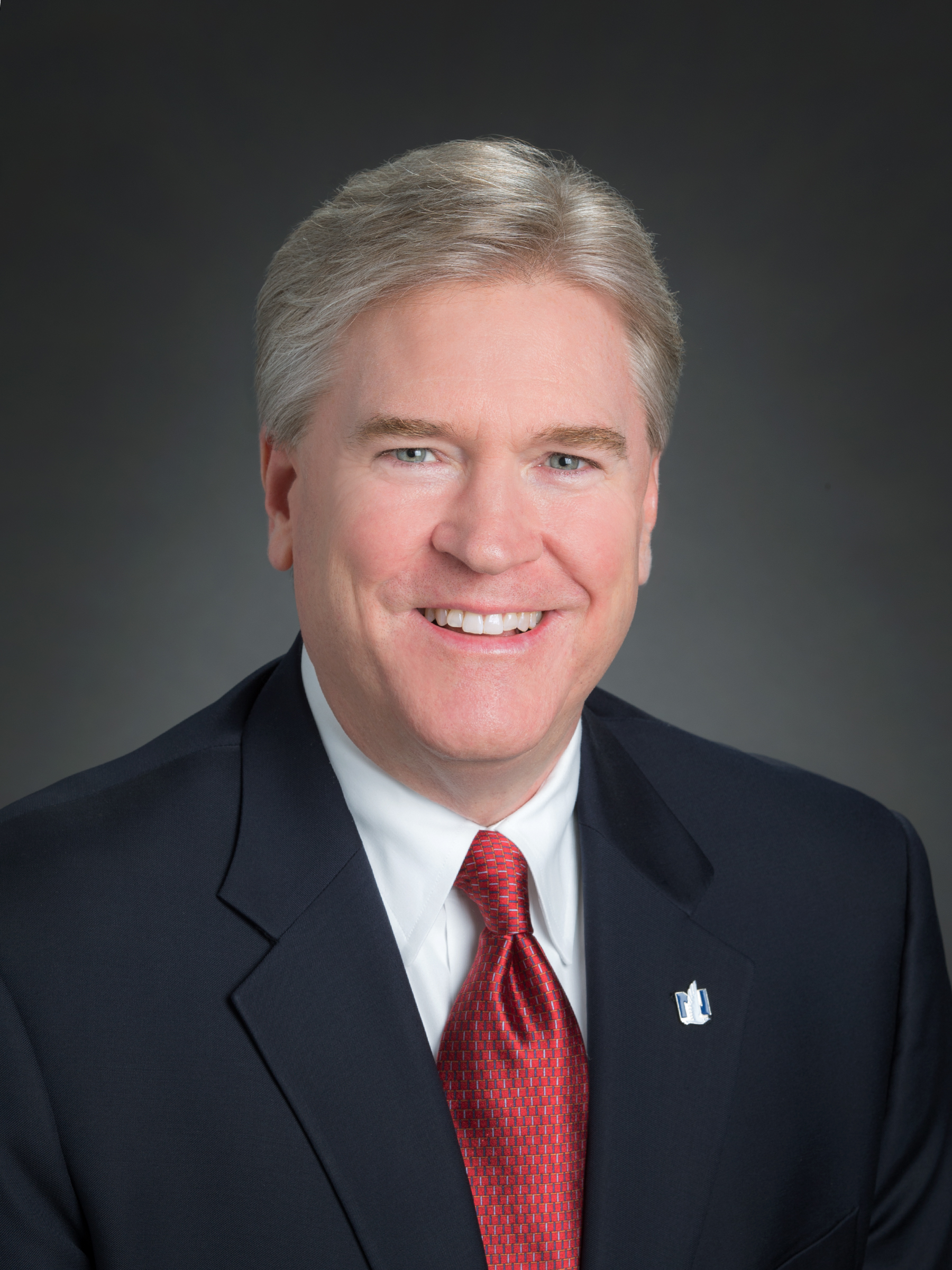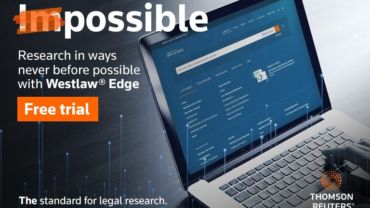We continue our blog series, “In Practice", in which we look at how corporate law departments can apply the lessons learned in 2020 to their legal operations going forward
At Nationwide, diversity is defined broadly and includes “gender, gender identity, sexual orientation, age, nationality, disability, veteran status, ethnicity, race, religion, as well as many other differences such as thinking styles, personalities, and work experience.”
In this installment of In Practice, Rose Ors, CEO of ClientSmart, speaks with Mark Howard, Executive Vice President and Chief Legal Officer of Nationwide, about the benefits of viewing diversity through a wide lens and how the law department fosters a diverse and inclusive environment.
Rose Ors: Nationwide states that a diverse and inclusive workforce is critical to the company’s success and defines diversity broadly. Why the expansive definition?
Mark Howard: We define diversity broadly because we want the voices of every one of our associates to be heard, acknowledged, and respected. The broad definition recognizes the benefit of valuing all forms of diversity. Moreover, as a Fortune 100 company whose mission is to protect “people, businesses, and futures” across the U.S., we must mirror the rich diversity of the people we serve. For us, diversity has consistently been recognized as mission-critical to both our culture and our success.
Rose Ors: One of the categories included in the company’s definition of diversity is “thinking styles.” What does it mean?
Mark Howard: Thinking styles include, among other factors, the different ways each of us learns, communicates, and makes decisions. Like other diversity factors, welcoming different thinking styles enriches our ability to collaborate in various settings, including in teams where our differences minimize groupthink and increase creativity.
For the law department, different thinking styles like those of our legal operations team —including our technology and data analytics team — have helped us become highly efficient in getting work done. Understanding different thinking styles is also highly beneficial to the law department when collaborating with colleagues in other departments.
Rose Ors: Does the company offer training on how diverse teams can optimize collaboration?
Mark Howard: Yes. We have a robust training program that uses a comprehensive set of learning tools. One such tool that each member of my legal leadership team and I have taken is Personalysis, a personal assessment tool that reveals how we communicate, make decisions, and process information. You learn things about yourself and about others that you probably did not know or appreciate. That knowledge helps us optimize collaboration within the law department and helps us determine who on our team to assign to various matters.

Rose Ors: Let’s turn now to the law department’s D&I efforts. What approaches and programs help in signaling the importance of nurturing a diverse and inclusive culture?
Mark Howard: I’ll focus first on our department’s culture. We are highly collaborative and believe in the power of teams to achieve excellent results for the company. To that end, what we celebrate in our internal meetings and events are team wins more than individual accomplishments. People want to connect with others in the workplace in a meaningful way, and our team-first approach means that an individual does not work in isolation, allowing everyone’s voice to be heard.
While we celebrate teamwork, our department also recognizes individual excellence. One way we recognize the individual is our Getting to Know the Talent program, where team members attend sporting events or other casual activities with some of the department’s senior leaders. Providing such visibility has translated in helping the career advancement of those participating in the program.
Our department also has a Diversity, Equity & Inclusion (DEI) Council whose members are selected through a rigorous interview process. Council members are active in organizations such as the Hispanic Bar Association, the Minority Corporate Counsel Association, and the National Asian Pacific American Bar Association. We are also a corporate partner to the National Association of Minority and Women-Owned Law Firms and participate in its Inclusion Initiative.
Additionally, our DEI Council programs highlight cultural celebrations throughout the year, as well as department events. The council also creates awareness around Nationwide’s Associate Resource Groups (ARG) events. Our ARGs offer a place for associates with a specific interest to participate in one or more groups that foster belonging and helps drive our company’s DEI strategy forward. These groups are wide-ranging and include gender, race, and ethnic-focused groups along with groups focused on issues faced by working mothers, veterans, and those with disabilities.
Rose Ors: How successful is the law department in retaining diverse talent?
Mark Howard: Our turnover rate is less than 5%, which by industry standards is excellent. Our success in retaining our associates garnered national recognition in 2018 when we were awarded the Employer of Choice Award by the Minority Corporate Counsel Association. Each year the award is given to a law department that successfully recruits, retains, and develops diverse legal talent.
Rose Ors: Are there metrics measuring the law department’s success in achieving DEI goals?
Mark Howard: Our Human Resources department pays a great deal of attention to a whole host of DEI variables, including the makeup of our law department, our leadership representation, and turnover. I regularly discuss the data with our Board of Directors’ Human Resources Committee.
Rose Ors: In what other ways do you leverage your role as chief legal counsel to promote a more diverse and inclusive workplace?
Mark Howard: As a member of the Leadership Council on Legal Diversity and the Minority Corporate Counsel Association, I am public about my commitment to diversity, equity, and inclusion. I am also the C-Suite leader at Nationwide, responsible for corporate sustainability.
Part of our sustainability mandate is to operate with fairness and integrity and build a diverse and inclusive workforce.







